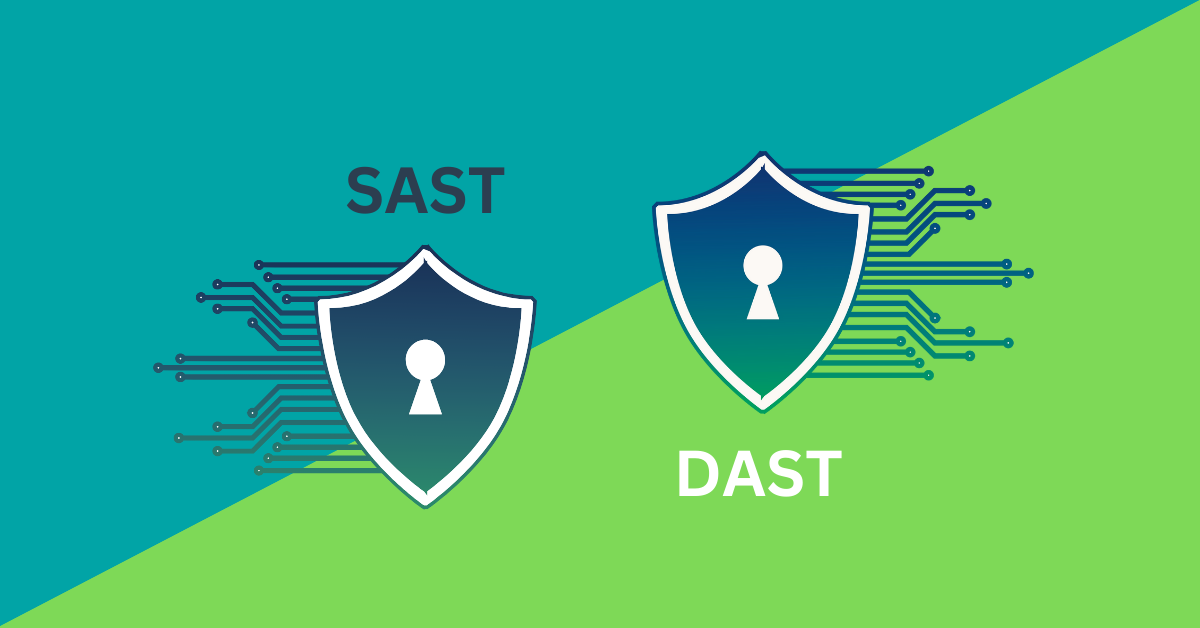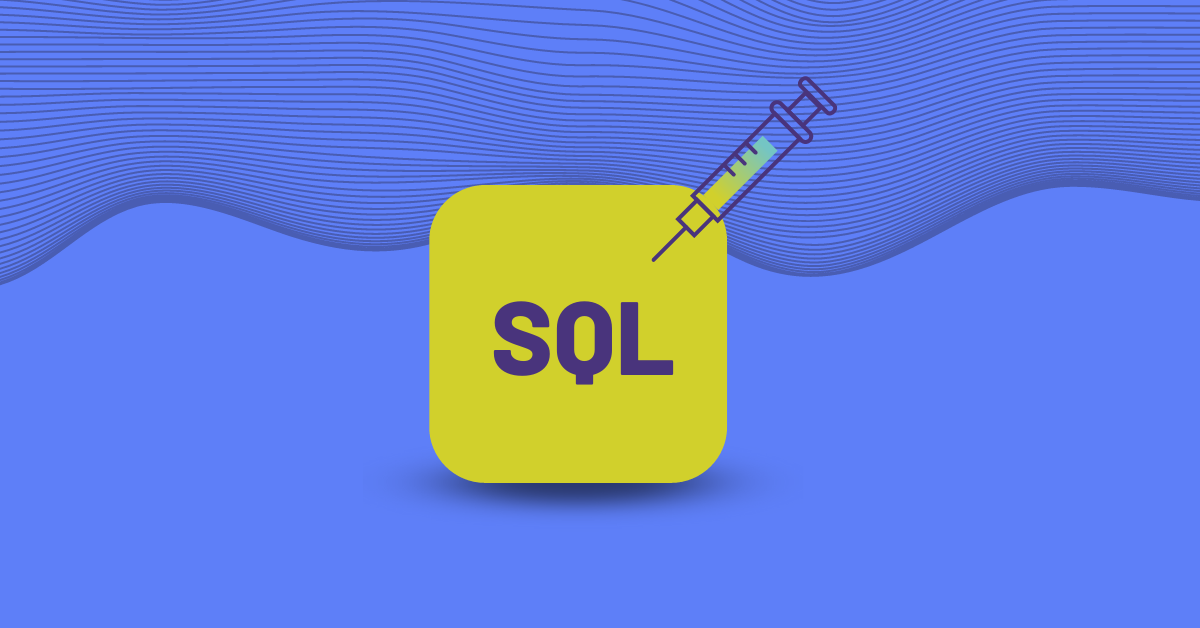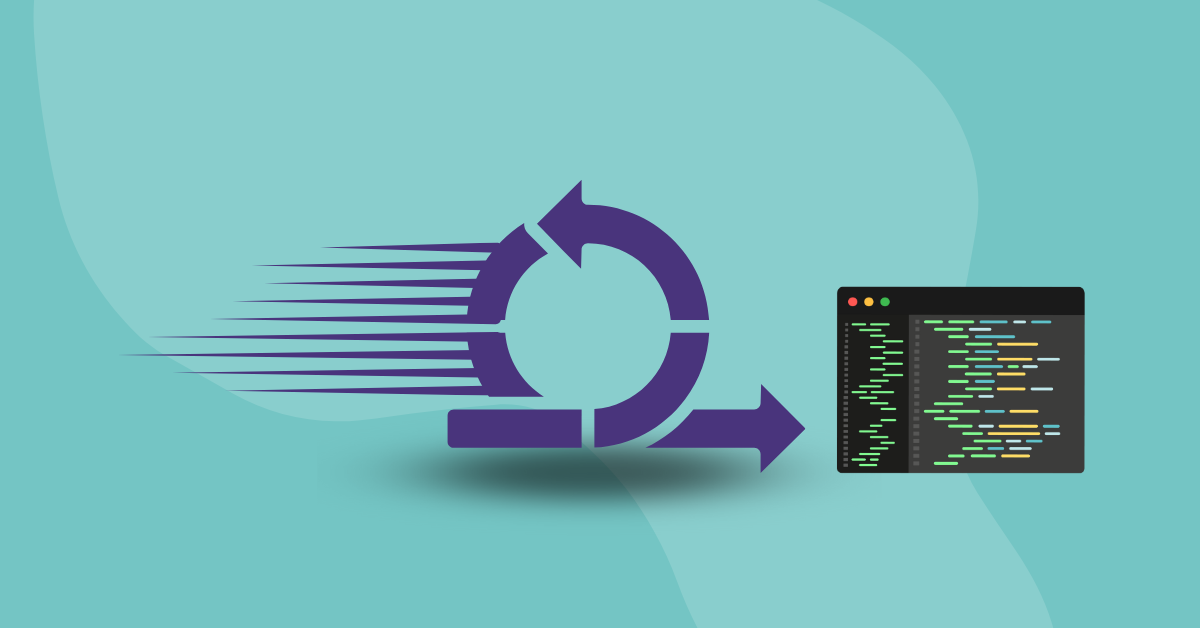

2022 was a busy year for cybersecurity teams as they contended with a wave of sophisticated cyberattacks targeting organizations worldwide. From ransomware and phishing scams to SQL injection (SQLI) attacks, organizations scrambled to protect their networks from various risks. Among these, SQL injection remained one of the most dangerous, leaving organizations vulnerable to data breaches, website defacement, and irreparable damage. Despite increased awareness and improved security measures, SQL injection remains one of the most common and potentially devastating threats to appsec and infosec. In fact, figures from Statista indicate that SQL injection attacks accounted for 33 percent of all critical vulnerabilities found on the internet just last year.
Therefore, developers must proactively prevent such attacks by following key best practices. We’ve previously listed SQL injections out on our common vulnerabilities page, but in this article, we take a look into the consequences SQL injections can cause. We also explore the top five best practices developers and organizations can use in their DevOps and DevSecOps processes to help protect against SQL injection attacks.
Before getting into the best practices, it’s important to understand how common and potentially damaging SQL injection attacks can be. The following are just a few real-life examples of organizations that have suffered from an SQL injection attack:
In 2021, Accellion, a provider of secure file transfer services for large organizations, suffered a devastating data breach. A threat actor used an SQL injection attack to exploit the company’s File Transfer Appliance (FTA) and gain access to sensitive data. The attacker then used a phishing scam to spread the stolen data, leading to financial losses for Accellion and its customers. The attack affected hundreds of organizations, government agencies, and universities and exposed tens of millions of files, making it one of the largest data breaches in history.
Another notable example of an SQL injection attack occurred in 2016 when hackers used an SQL injection attack to access Epic Games‘ databases. This allowed the attackers to access personal information such as email addresses and other data entered into the forums. Fortunately, Epic Games responded quickly and took steps to protect its customers from further harm by immediately notifying affected users and releasing a patch for the vulnerability.
It’s clear that SQL injection attacks can have serious consequences, both financially and reputationally. To avoid becoming a victim of such an attack, developers must take proactive steps to protect their systems from malicious actors. Here are the top five best practices for developers and organizations to help prevent SQL injection attacks:
Input validation is the process of verifying user-submitted data before an application accepts it. Developers can do this from the server-side or client side, but the server side is generally more secure as it prevents malicious data from reaching the application. Validating user input ensures that only valid data is accepted into the system and can help prevent malicious code from being executed on the server.
Developers can use regular expressions (RegEx) to validate user input and reject any data that contains potentially dangerous characters or code. This is one of the best ways to prevent SQL injection attacks, as it prevents the application from accepting malicious data. RegEx creates a pattern that matches only certain data types, allowing developers to quickly identify and reject any data that does not meet the criteria.
Prepared statements are a great way to prevent SQL injection attacks by separating the user input from the actual query. They are also known as parameterized queries and are used to prevent hackers from sending malicious code through user input. Prepared statements work by separating the user input (or parameters) from the SQL query. This ensures that even if a user enters malicious code, it will not be executed on the server as it will be treated as a parameter.
The process of using prepared statements is fairly simple. First, the developer must define the parameters of the query in advance. This includes any user input that will be part of the SQL query. Then, when a user submits their data, the developer can check it against the predetermined parameters and verify that it is valid. Once the data is deemed valid, it can be added to the query as a parameter and passed to the server. This way, even if malicious code is entered, it won’t be executed on the server.
While firewalls and other security measures can help protect against external attacks, developers must also proactively scan their code for SQL injection vulnerabilities. Static Application Security Testing (SAST) and Software Composition Analysis (SCA) are two tools developers can use to scan their code for vulnerabilities. SAST is used to identify security issues within the code, while SCA scans for potential third-party vulnerabilities. Both tools can help detect any potential SQL injection vulnerabilities and help developers take the necessary steps to address them.
Object-Relational Mapping (ORM) frameworks are designed to simplify the process of working with databases. They provide an abstraction layer between the database and code, making working with various data sources easier. Additionally, ORM frameworks can help prevent SQL injection attacks by automatically parameterizing queries and preventing the application from accepting malicious code. ORM frameworks also have other benefits, such as improved performance and scalability, so they are a great tool for any development toolkit.
Stored procedures are predefined functions and queries that can be called on-demand to execute certain tasks. They are a great way to protect against SQL injection attacks, as they provide an additional layer of security. When used properly, stored procedures can help developers eliminate user input from their queries and prevent malicious code from being executed on the server. Additionally, stored procedures can help developers write more efficient and secure code by allowing them to execute multiple SQL commands in a single statement.
Injection attack risks are here to stay, but developers and organizations can take steps to mitigate their effects. Kiuwan’s application security platform provides comprehensive tools for preventing injection attacks and other cyber risks.

Kiuwan’s SAST, SCA, QA, and Governance tools are all designed for direct integration in DevOps and DevSecOps processes, making identifying and addressing potential security vulnerabilities easy. Additionally, Kiuwan is aligned with all the major security and code quality standards, making it a powerful and reliable tool for preventing SQL injection attacks.
Contact us today for a free trial and see how Kiuwan can help protect your organization from potential SQL injection attacks.


